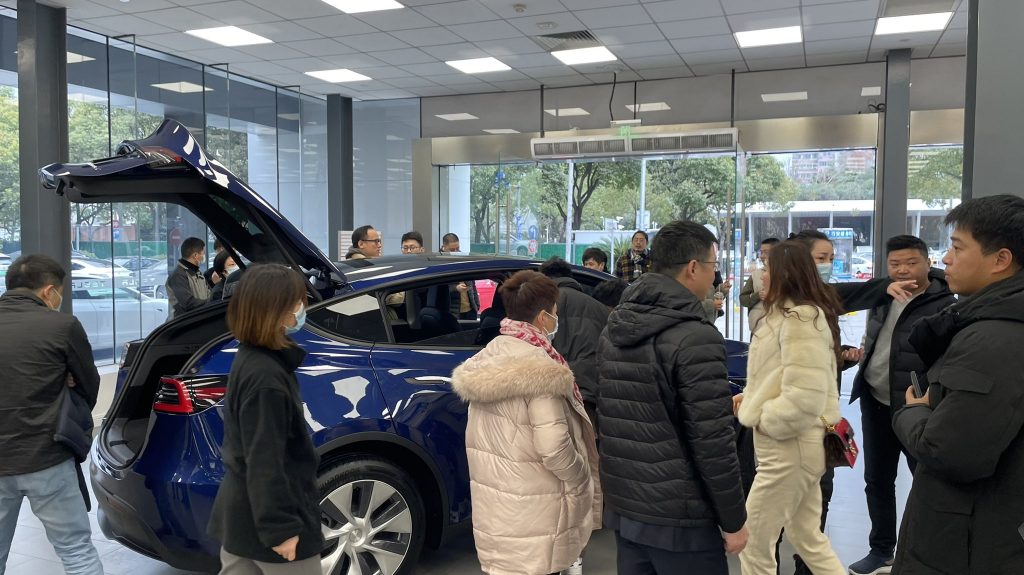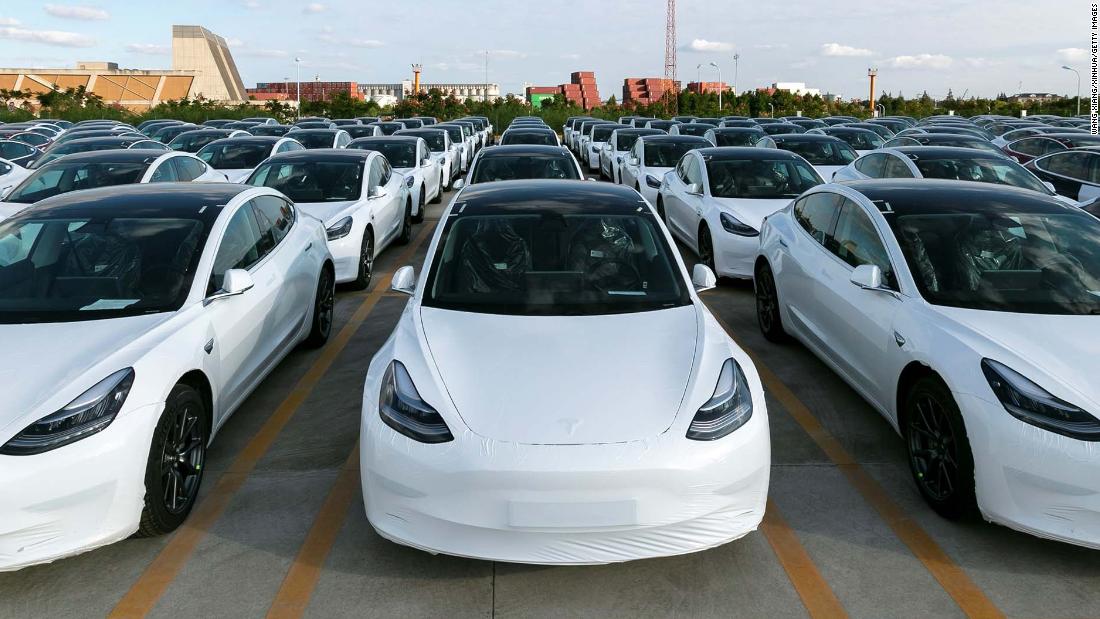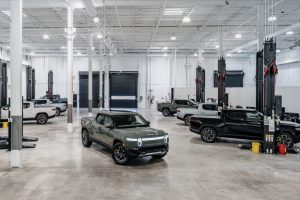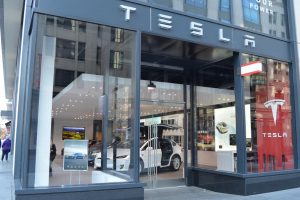Former Industry Minister Miao Wei said when Tesla was planning to join the electric vehicle market with a wholly-owned factory in China that the American EV manufacturer’s influence would result in a “Catfish Effect” on the electric car industry in the region. It seems like Miao’s comments are turning up to be precise, just over a year after Gigafactory Shanghai began operations.
The Catfish Effect means that a strong competitor’s arrival would inspire “weaker” players to innovate and strengthen themselves. As the world leader in EVs, Tesla seems to have played the catfish in the EV sector of China last year. As per data from the China Passenger Car Association (CPCA), the Silicon Valley-based electric car producer sold 114,000 Model 3 vehicles produced in China during the first 11 months of 2020.
This month, Tesla dropped another strong player in the Chinese EV market in the form of the Model Y, an all-electric crossover that is more affordable than rivals from companies like Audi, Mercedes-Benz, and BMW. With a starting price of RMB 339,900 ($52,550), Tesla formally launched the Model Y in China, 30 percent below its pre-launch price. This resulted in prospective Model Y purchasers swamping Tesla showrooms. As per a study from The Nikkei Asian Review, competitors were sufficiently unnerved.

China has established itself as the largest electric car market in the world. This means China’s leading EV manufacturers like BYD, SAIC, NIO, and Xpeng Motors are no joke. Local electric car manufacturers may design and generate compelling EVs, but the Model 3, whose technology was a cut above its domestic rivals, eclipsed most, if not all, last year. It was also given an advantage over rivals by its robust collection of standard features like Autopilot.
After the launch of Model Y in China, Yu Liguo, president of Arcfox, BAIC Motor’s EV company, noted that the advantage of Tesla in the country’s EV sector is likely not to be matched by local manufacturers, at least not in the near future. This is particularly true for features such as Autopilot, which placed Tesla well ahead of rivals in the Chinese EV market and globally. Yu was positive despite this, noting that Chinese EV manufacturers would eventually catch up.
China’s EV companies are implementing programs aimed at expanding their business. NIO is ramping up its battery-swapping network, and a new used-car marketplace has recently been unveiled to make its cars more available to customers. Xpeng Motors’ first European orders were delivered to Norway from China as well. During the first nine months of 2020, legacy automakers such as SAIC, fueled by vehicles like the MG ZS EV, sold nearly 12,000 electric cars in Europe.
According to a UBS Securities survey, Chinese-branded electric vehicles only account for around 10 percent of the worldwide EV market. But thanks to Tesla’s presence, China’s manufacturers of electric vehicles may soon adopt more assertive strategies. In China, Tesla’s Catfish Effect may very well be underway with Gigafactory Shanghai ramping Model 3 and Model Y production.
Ready to join Tesla’s Mission to accelerate the world’s transition to sustainable energy? Feel free to use my referral code to get some free Supercharging miles with your purchase: http://ts.la/guanyu3423
You can also get a $100 discount on Tesla Solar with that code.





